Vietnam is a common home of 54 ethnic groups living together in harmony, with a long-standing bond and together nurturing the aspiration for a prosperous future. The country's cultural, religious and belief landscape is also very diverse, with 40 recognized religious organizations, nearly 28 million followers, more than 200,000 dignitaries and officials, and about 30,000 places of worship spread across the country.

Good management of ethnic and religious affairs is not only a function of state administration, but also a concrete action to preserve national solidarity, foster trust and create a new era of development.
These figures not only show the richness, but also clearly reflect the consistent policy of the Party and State in respecting and ensuring freedom of belief and religion - one of the basic human rights.
However, this diversity requires a flexible, sophisticated and effective management approach to ensure harmony between cultural, religious and ethnic factors. This requirement becomes even more urgent in the context of streamlining the administrative apparatus, merging provincial and district administrative units, leading to comprehensive changes in operating mechanisms, resource allocation and policy implementation at the grassroots level.
Decree 124/2025/ND-CP - A new step in State management

Perfecting institutions, policies and laws to ensure consistency, feasibility and relevance to local realities.
In response to urgent requirements from management practices, on June 11, 2025, the Government issued Decree No. 124/2025/ND-CP, regulating the decentralization, delegation and clearly defining the authority between two levels of local government in the field of ethnic affairs, beliefs and religions. The Decree officially took effect from July 1, 2025, marking a new step in the process of innovation in State management of a sensitive and unique field.
The Decree emphasizes the clear division of responsibilities between government levels, in order to increase local initiative and flexibility in developing and implementing policies appropriate to the cultural and social characteristics of each region and each community.
In particular, the Decree promotes the integration of ethnic, belief and religious policies into local socio -economic development planning, ensuring close and consistent linkages in the goal of sustainable development, instead of considering these as separate, separate policy areas.
Not stopping there, the Decree also contributes to removing long-standing shortcomings in the administrative system, such as overlapping functions, dispersion of resources, or shifting responsibilities between levels and sectors - bottlenecks that have reduced the effectiveness of policy implementation in practice.
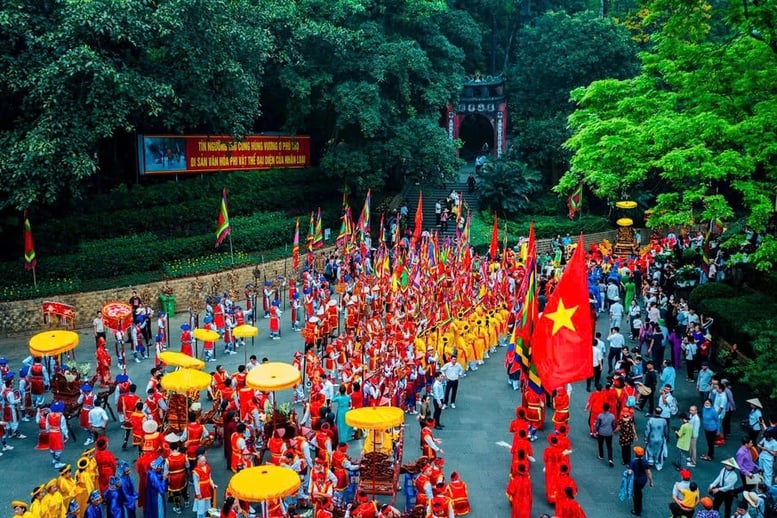
In a country rich in identity like Vietnam, each ethnic group and each religion is an indispensable source in the common flow of the nation.
However, no matter how progressive the mechanism and policy are, if there is a lack of a competent implementation team and specific and synchronous implementation solutions, the expected effectiveness will still be difficult to achieve.
In addition to the existing legal corridor, according to Mr. Vu Hoai Bac - Head of the Government Committee for Religious Affairs ( Ministry of Ethnic Minorities and Religions ), it is necessary to simultaneously deploy 7 groups of strategic solutions to improve management capacity in the field of ethnicity, belief and religion, in accordance with new requirements and contexts.
Firstly, continue to improve institutions, policies and laws, ensuring consistency, feasibility and closeness to the reality of each locality.
Second, improve the quality of the staff, especially at the grassroots level - where they work directly with the people and handle complex and sensitive issues. This is not only a matter of professional capacity, but also a requirement for the ability to grasp the situation "early, from afar".
Third, promote the application of information technology and digital transformation, build a comprehensive and updated national database system on ethnicity and religion to serve policy making.
Fourth, strengthen the propaganda and dissemination of the Party's policies and the State's laws on ethnicity, belief and religion; flexibly use traditional information channels (press, radio, television) and modern channels (social networks, electronic information portals) in communication work; promptly combat and refute distorted arguments and take advantage of ethnic and religious issues to cause division and sabotage the great national unity bloc.
Fifth, promote the role of prestigious people, religious dignitaries, village elders, and village chiefs as trustworthy "bridges" between the government and the people. Dialogue, listening, and respecting opinions from the grassroots will be the key to building trust and consensus.
Sixth, strengthen the political system in areas with large ethnic and religious populations, while developing local human resources, prioritizing the training of ethnic minority cadres who understand the customs, languages and mindsets of the community.
Seventh, strengthen foreign affairs on ethnicity and religion to share international experiences, gain support from international friends, and affirm Vietnam's correct and legitimate viewpoints in regional and global forums.
Diversity is strength – Unity is the foundation
In a country rich in identity like Vietnam, each ethnic group and each religion is an indispensable source in the common flow of the nation. Good management of ethnic and religious affairs does not stop at the function of state administration, but is also a concrete action to preserve national solidarity, protect human rights, foster trust and create a new era of inclusive development - where no one is left behind.
Son Hao
Source: https://baochinhphu.vn/chinh-quyen-dia-phuong-2-cap-tang-cuong-hieu-luc-trien-khai-chinh-sach-dan-toc-ton-giao-102250716080410312.htm



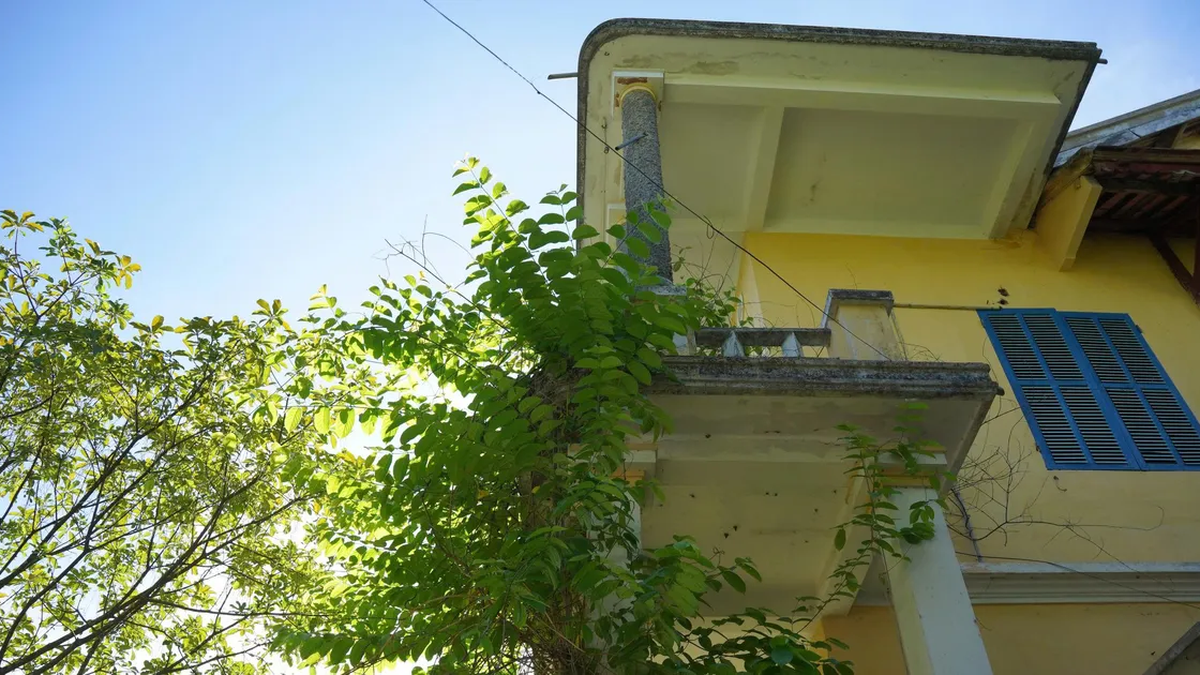
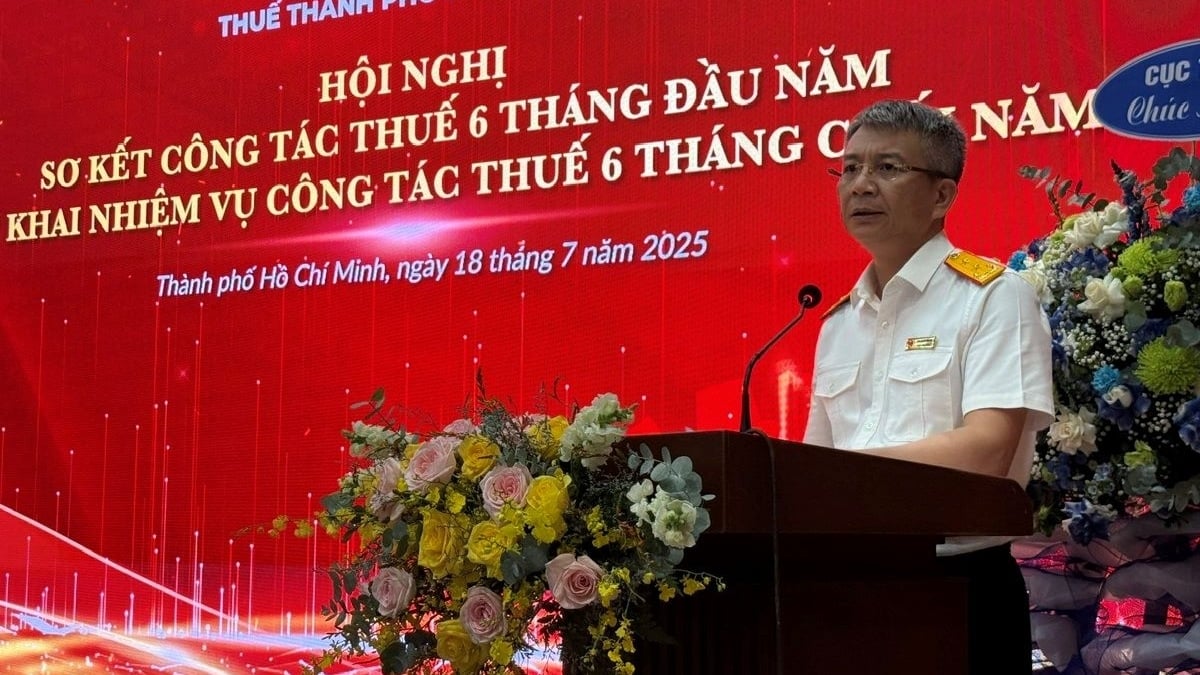

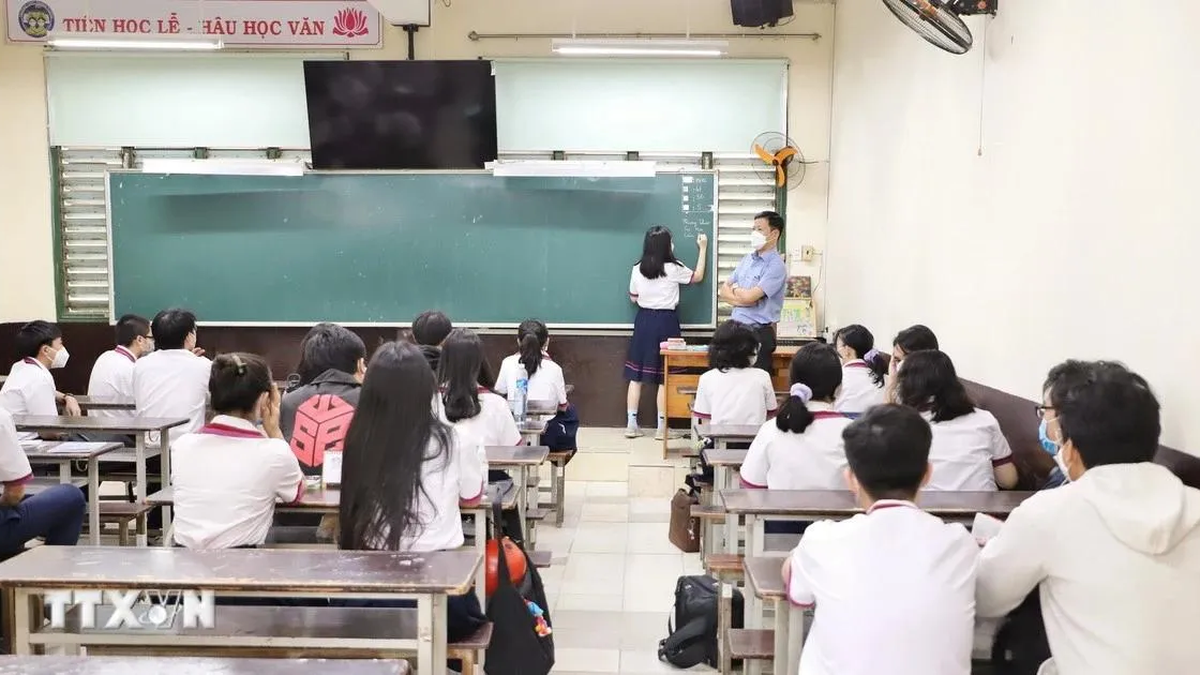
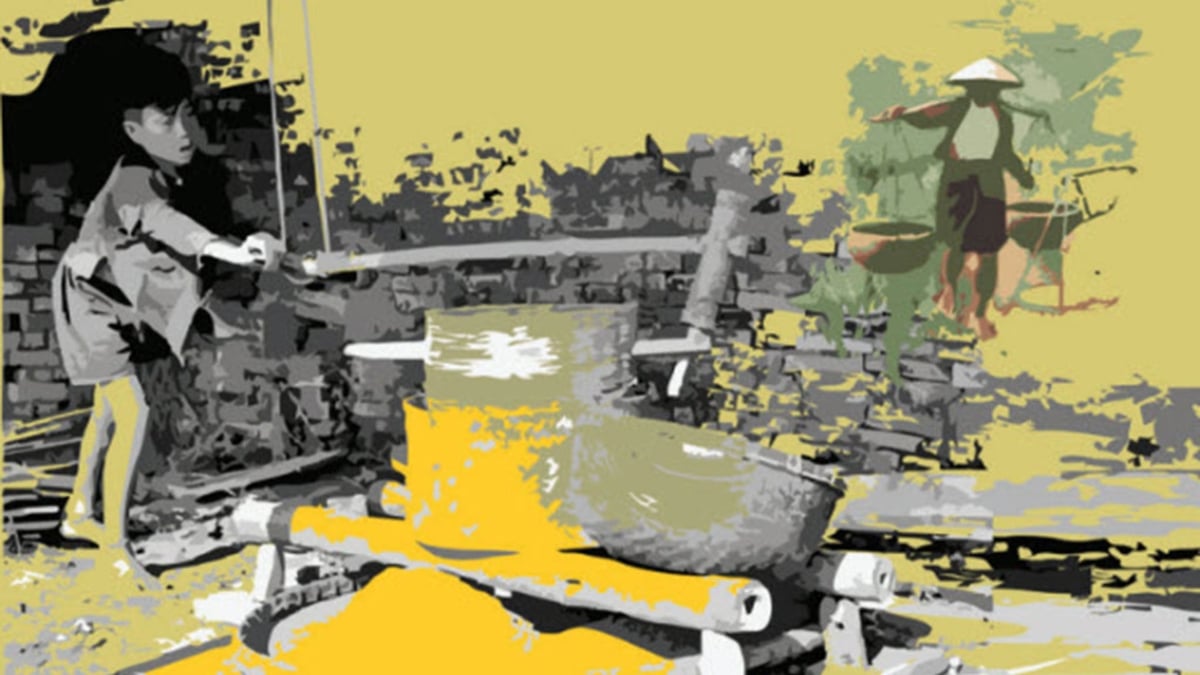
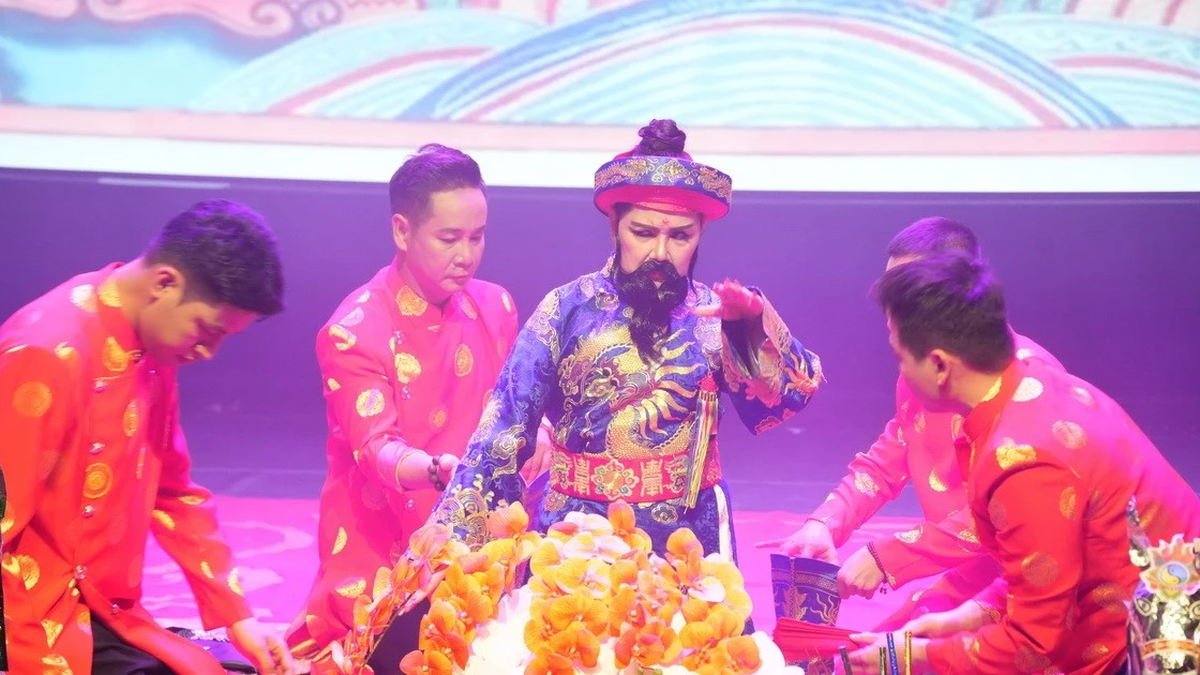
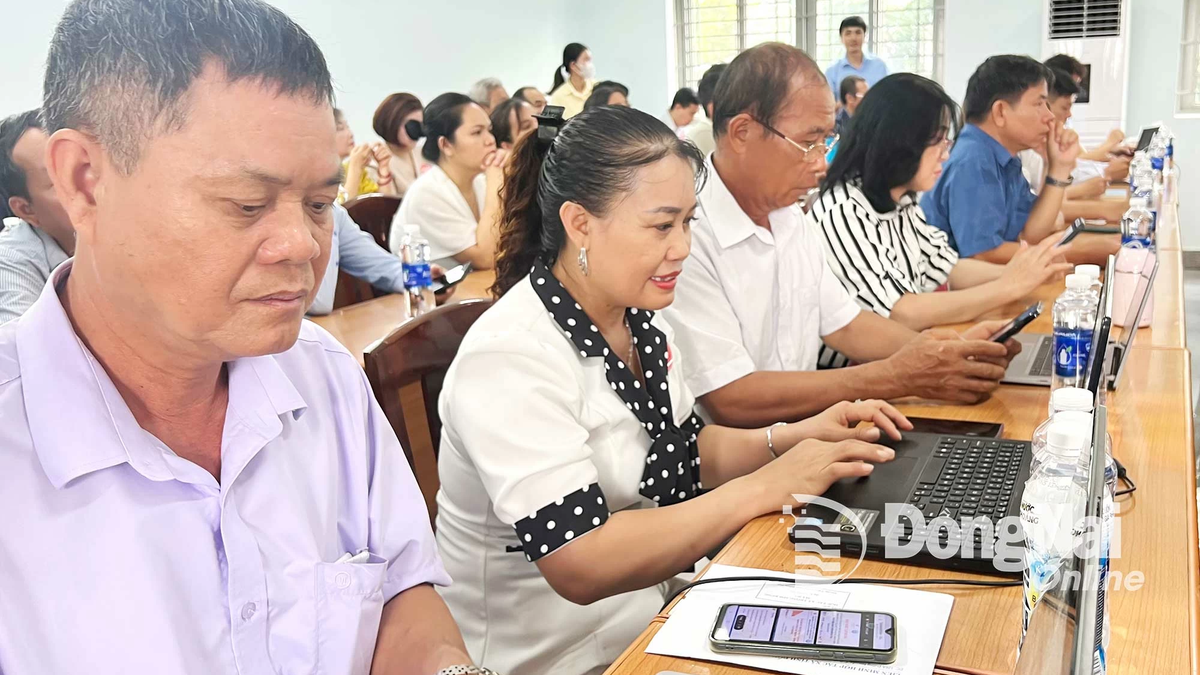
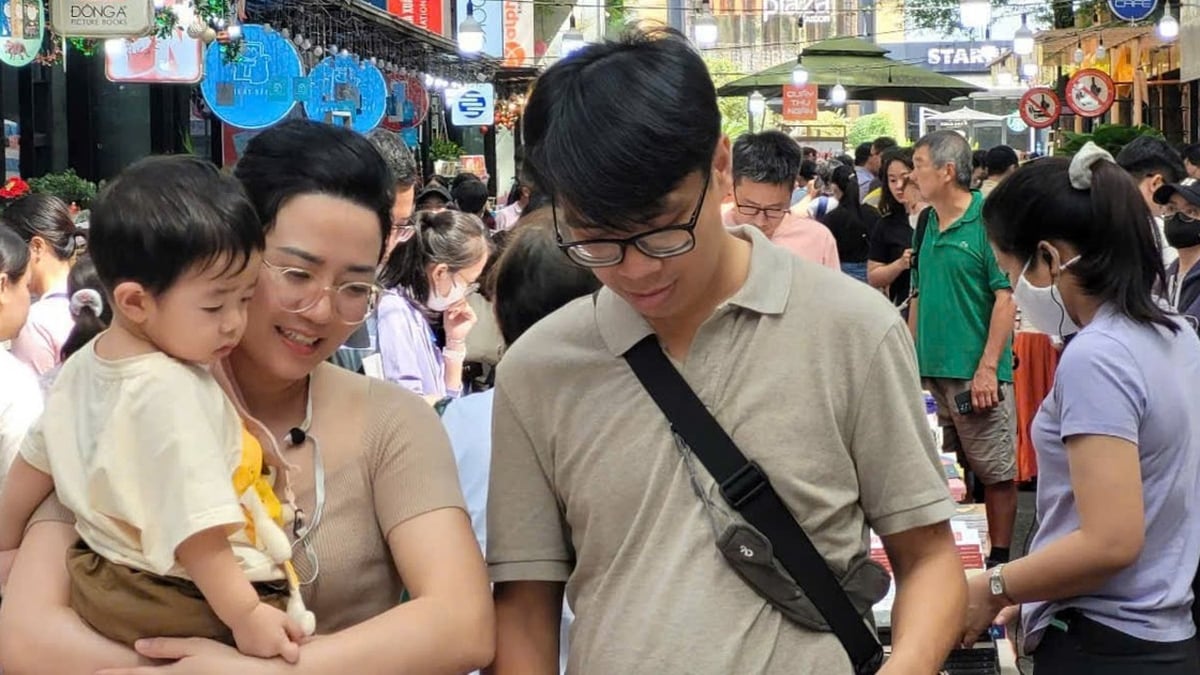


























































































Comment (0)